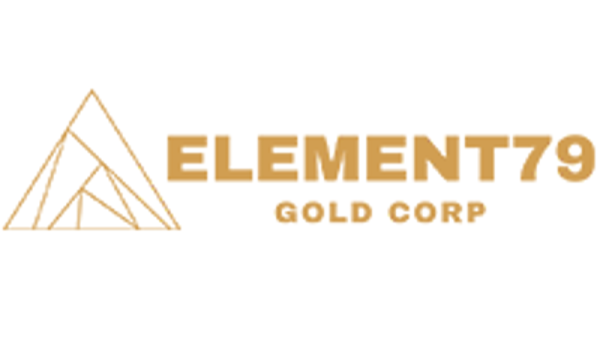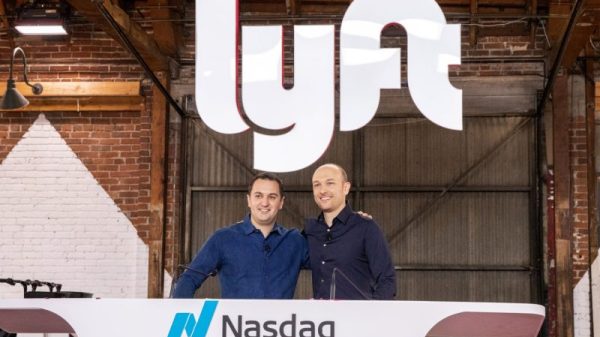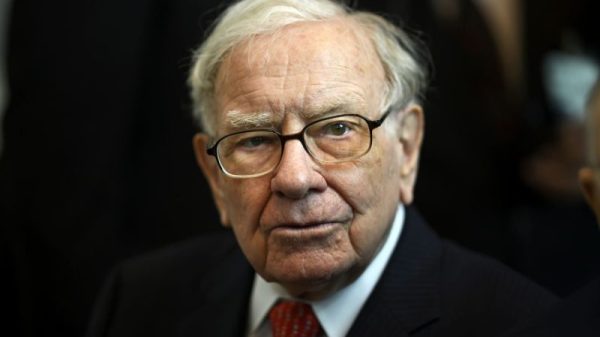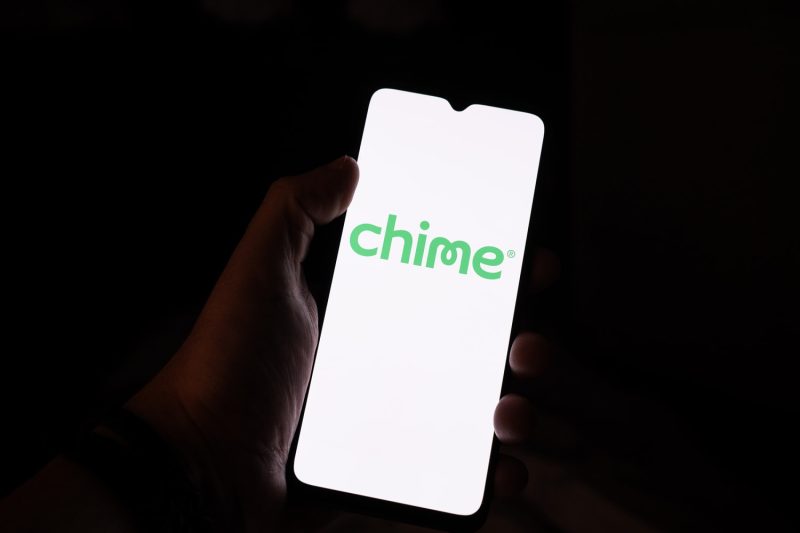Financial technology company Chime on Tuesday filed paperwork to go public on the Nasdaq. The company intends to file under the ticker symbol “CHYM.”
“Chime is a technology company, not a bank,” the company said in its prospectus, noting it’s not a member of the U.S. Federal Deposit Insurance Corp. Still, the company cited Bank of America, Capital One, Citibank, JPMorgan Chase, PNC Bank and Wells Fargo as competitors.
Most of Chime’s new members who arrange for direct deposit previously did direct deposit elsewhere, “most commonly with large incumbent banks,” the company said.
According to the filing, Chime picks up revenue from interchange fees associated with purchases that members make with Chime debit cards and credit cards. Banks collect interchange fees, which are generally a percentage of the transaction value, plus a set amount for each transaction depending on the rates determined by card networks such as Visa. The banks then pass money on to Chime.
In the March quarter, Chime generated $12.4 million in net income on $518.7 million in revenue. Revenue grew 32%. At the end of March, Chime had 8.6 million active members, up about 23% year over year. Average revenue per active member, at $251, was up from $231. It has members in all 50 states, and 55% of them female. The average member age is 36.
Around two-thirds of members look to Chime for their “primary financial relationship,” Chime said. The term refers to those who made at least 15 purchases using its card or received a qualifying direct deposit of at least $200 in the past calendar month.
Chime offers a slew of other services in addition to its cards. Eligible members with direct deposit can borrow up to $500 with a fixed interest rate of $5 for every $100 borrowed. The company doesn’t charge late fees or compound interest.
Following an extended drought, IPOs looked poised for a rebound when President Donald Trump returned to the White House in January. CoreWeave’s March debut provided some momentum. But Trump’s tariff announcement in April roiled the market and led companies including Chime as well as trading platform eToro, online lender Klarna and ticket marketplace StubHub to delay their plans.
EToro is now scheduled to debut this week, and digital health company Hinge Health issued its pricing range for its IPO on Tuesday, win an expected offering coming soon. Chime’s public filing is the latest sign that emerging tech companies are preparing to test the market’s appetite for risk. Last month Figma said it had filed confidentially for an initial public offering.
Chris Britt, Chime’s co-founder and CEO, told CNBC in 2020 that it would be ready for an IPO within the next 12 months. But in late 2021 markets turned negative on technology as inflation picked up, prompting central bankers to ratchet up interest rates.
Chime was founded in 2012 and is based in San Francisco. It ranked 22nd on CNBC’s 2024 Disruptor 50 list of privately held companies.
Investors include Crosslink Capital, DST Global, General Atlantic, Iconic Strategic Partners and Menlo Ventures.
— CNBC’s Ari Levy contributed to this report.





























